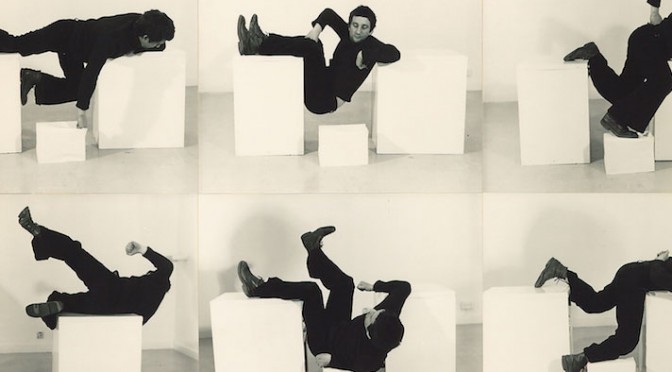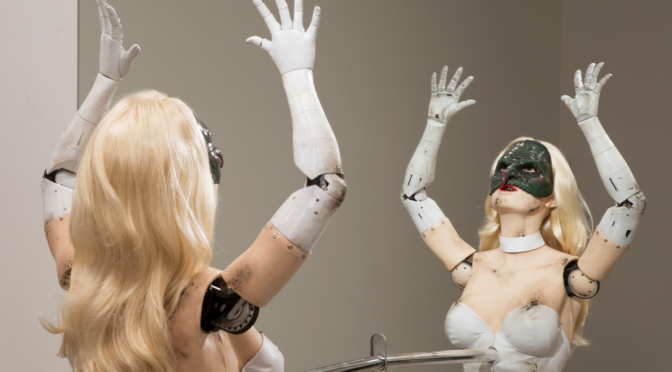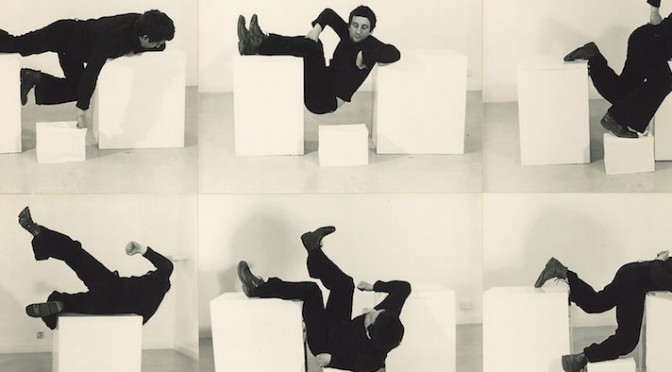Lieu : Villa Lanna, V sadech 1, Prague 1
Organisatrices : Eliyana Adler (Pennsylvania State University), Kateřina Čapková (ÚSD AV ČR) et Ruth Leiserowitz (Institut historique allemand, Varsovie)
Langue : anglais
Plus d’informations sur le programme et les intervenants sur le site de l’Institut d’histoire contemporaine ici
Programme
Mercredi 15 mars
9:00 – Mot de bienvenue
9:15 – 11:00 Famille et génocide
Modératrice : Eliyana Adler (Pennsylvania State University)
Dalia Ofer (Hebrew University of Jerusalem): Narrating Families’ Daily Life in East European Ghettos: Concepts and Dilemmas
Michal Unger (Ashkelon Academic College, Israel): Separation and Divorce in the East European Ghettos
Volha Bartash (Hugo Valentin Centre, University of Uppsala): Romani Family in the Holocaust: Ethnographic Field Notes from the Belarusian-Lithuanian Borderland
11:00-11:15 Pause café
11:15 -12:30 Correspondances familiales
Modératrice : Kateřina Králová (Charles University, Prague)
Joachim Schlör (University in Southampton): „I could never forget what they had done to my father“: The Absence and Presence of Holocaust Memory in a Family’s Letter Collection
Rony Alfandary (Bar Ilan University): Family Letters from Thessaloniki – Real and Imaginary Consequences
12:30 – 14:00 Déjeuner
14:00-15:45 Famille et choix
Modératrice : Ruth Leiserowicz (German Historical Institute, Warsaw)
Kiril Feferman (Ariel University): Changing Roles: Flight Decision-Making in the Mixed Families in the Soviet Union, 1941
Alina Bothe (Free University, Berlin): “This was the last time I saw my mother” – Families Responding to the First Mass Deportation in October 1938
Atina Grossmann (Cooper Union, New York City): Negotiating Gender, Family, and Survival Behind the Lines: Perspectives from the Margins of Holocaust History
15:45-16:00 Pause café
16:00-17:45 Perspectives d’enfants
Modératrice : Clara Royer (CEFRES, Prague)
Boaz Cohen (Western Galilee College, Akko): Family Survival Strategies as Seen by Survivor Children in their Early Testimonies
Sarah Rosen (Yad Vashem, Jerusalem): The Survival of Deported Families in Transnistrian Ghettos as Reflected in Diaries of the Youth
Joanna Beata Michlic (Bristol University): Grayer Shades of Jewish Identity: Atypical Histories of Child Survivors from Mixed Polish-Jewish Families in the Aftermath of the Holocaust
Jeudi 16 mars
9:00 – 10:45 Familles imaginées
Modérateur : István Pál Ádám (CEFRES, Prague)
Natalia Aleksiun (Touro College, New York City): Uneasy Bonds: On Jews in Hiding and the Making of Surrogate Families
Rita Horvath (Yad Vashem): Hasidic Families under Pressure: An In-Depth Analysis of the Holocaust Testimonies Collected by Yaffa Eliach
Viktória Bányai (Institute for Minority Studies, Hungarian Academy of Sciences): The Impact of the Joint’s Assistance Strategy on the Lives of Jewish Families in Hungary, 1945-49
10:45 – 11:00 Pause café
11:00 – 12: 45 Dilemmes d’après-guerre
Modérateur : Stephan Stach (Institute of Contemporary History, Prague)
Laura Hobson Faure (Sorbonne Nouvelle University): Siblings in the Holocaust and its Aftermath: Rethinking the “Holocaust Orphan” in France and the United States
Marcos Silber (University of Haifa): Migrations, Gender and Family: Bottom-Up Perspectives on Migrations and Nation Building in 1950s’ Poland and Israel
Kamil Kijek (Wrocław University): Jewish Family Confronting the Holocaust Aftermath and Demise of Modernism: The Case of Polish Lower Silesia, 1945-1957
12:45-14:00 Déjeuner
14:00 – 15:45 Reconstruire la famille
Modératrice : Kateřina Čapková (Institute of Contemporary History, Prague)
Robin Judd (Ohio State University): “Experiencing Family and Home”: Jewish Military Brides, Allied Soldier Husbands, and the Centrality of Kinship, 1944-1950
Anja Reuss, Independent Historian: “Return to Normality”—The Relevance of Motherhood and Family for Sinti and Roma Survivors in the Aftermath of World War II
Sarah Wobick-Segev, University of Western Ontario: Looking for a Nice Jewish Girl . . .: Personal Ads and the Creation of Jewish Families in Germany during and after the Shoah, 1938-1953
15:45-16:15 Pause café
16:15 – 17:45 Conclusions




